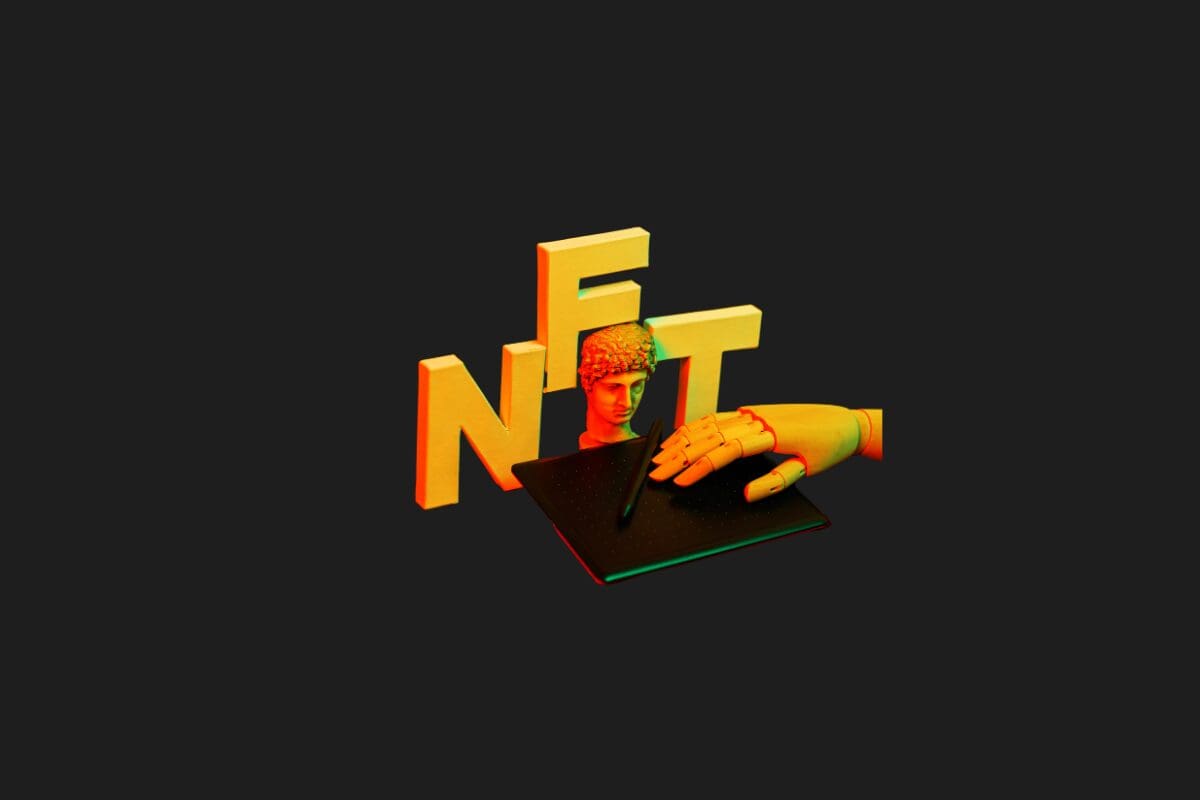NFTs made a significant impact in 2021, drawing immense interest from investors and enthusiasts alike. As the foundation of the emerging metaverse, NFTs are often seen as integral to the future of the internet and the digital world. However, like any technology, NFTs come with their own set of risks. Below, we examine some of these challenges.
Regulatory Concerns
Despite their numerous advantages, NFTs can be misused by individuals with malicious intent. For instance, the anonymity of buyers and sellers in NFT transactions can facilitate money laundering. To counteract such risks, governments may impose regulations aimed at increasing transparency. While these laws could help prevent illicit activities, they might also hinder the growth of the NFT market.
Valuation Volatility
For some, NFTs are purely artistic expressions, while for others, they represent lucrative investment opportunities. However, this commercial aspect introduces volatility. NFTs are particularly sensitive to fluctuations in value. A digital asset priced at 10 ETH today might drop to 1 ETH tomorrow.
Although certain factors, such as scarcity and rarity, play a role in determining value, much of an NFT’s worth is subjective. Take, for example, the project EtherRock, which offers a collection of virtual stones, limited to 100 pieces. These stones have no functional purpose, yet one sold for approximately $1.3 million. The market value of NFTs can be inflated by novelty or social prestige, making them appear more valuable than they might inherently be.
Storage Security
The method used to store NFTs is critical to their safety. NFTs can be stored in physical wallets like Ledger, decentralized networks such as IPFS, centralized servers, or cryptocurrency wallets.
However, losing access to your wallet’s seed keys means permanent loss of access to your NFTs. Additionally, if your NFTs are stored on centralized servers rather than decentralized ones like IPFS, they are vulnerable to hacking or server crashes, which could result in their permanent loss.
Smart Contract Vulnerabilities
Smart contracts facilitate transactions on blockchain networks. However, even these contracts can have vulnerabilities. On August 10, 2021, Poly Network was hacked when attackers exploited flaws in its smart contracts, resulting in the theft of $610 million worth of tokens. Although some funds were later returned, this incident raised concerns about blockchain security. The networks where you store your NFTs could also be subject to similar attacks.
Fraud
Although NFTs are designed to prevent forgery or copying, fraud still occurs. Some scammers produce counterfeit versions of original works, while others impersonate well-known artists to sell illegitimate NFTs. The ease of creating and distributing NFTs can sometimes result in fraud, diminishing trust in the marketplace.
How Can You Minimize These Risks?
Unfortunately, because many NFT-related incidents are not classified as illegal, there’s often little recourse when something goes wrong. To reduce your exposure to these risks, it’s essential to carefully vet the platform from which you’re purchasing, verify the authenticity of the artist, research the project’s credibility, and, if possible, review the smart contracts involved (especially if you have coding knowledge). Due diligence can help protect you in this evolving digital landscape.
